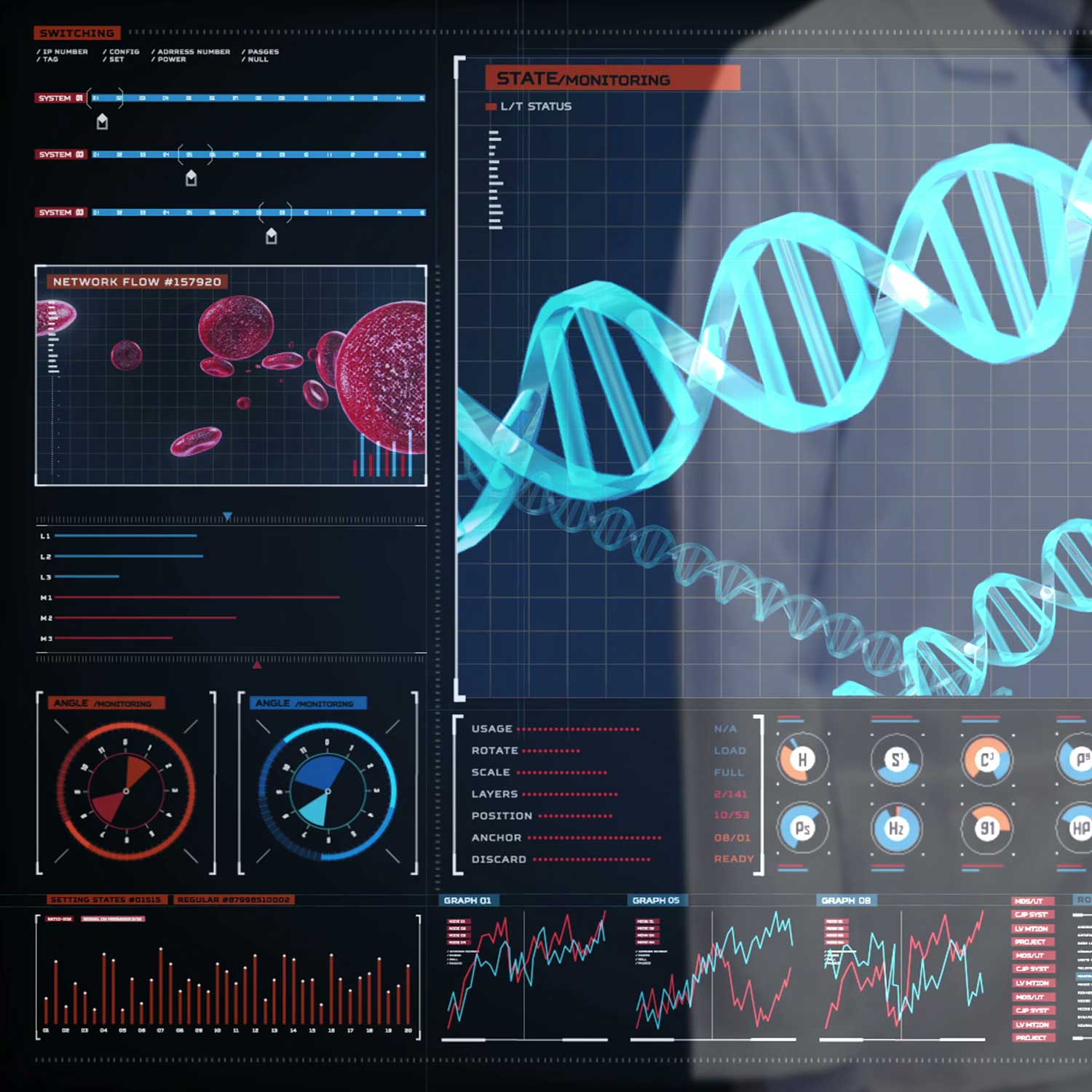In recent years, the rise of free DNA upload sites has sparked significant discussions about their influence on public health policies. These platforms allow individuals to upload their genetic data for analysis, providing insights into ancestry, health traits, and potential genetic predispositions. While these sites offer valuable information to users, their impact on public health policies is a topic of debate.
The Appeal of Free DNA Upload Sites
Free DNA upload sites https://tendna.com/ have gained popularity due to their accessibility and affordability. These platforms offer users the opportunity to explore their genetic makeup without the need for expensive genetic testing kits or consultations with healthcare professionals. By simply uploading their DNA data obtained from services like 23andMe or AncestryDNA, individuals can access a wealth of information about their ancestry, health risks, and genetic traits.
Empowering Individuals: Personalized Health Insights
One of the key benefits of free DNA upload sites is the ability to provide individuals with personalized health insights. By analyzing genetic data, these platforms can identify potential health risks and genetic predispositions, allowing users to make informed decisions about their health and well-being. For example, users may discover their risk of developing certain diseases or conditions, enabling them to take proactive measures to mitigate these risks through lifestyle changes or medical interventions.

Contributing to Research: Advancing Scientific Knowledge
Free DNA upload sites also play a role in advancing scientific knowledge and research in the field of genetics and public health. By aggregating and anonymizing genetic data from millions of users, these platforms provide researchers with valuable resources for studying genetic variations, disease prevalence, and population health trends. This data can inform the development of new treatments, therapies, and public health policies aimed at improving health outcomes and addressing genetic disparities.
Ethical Considerations: Privacy and Consent
Despite their potential benefits, free DNA upload sites raise ethical concerns regarding privacy and consent. Users may not fully understand the implications of uploading their genetic data to these platforms, including the risks of data breaches or unauthorized use of their information. Additionally, the use of genetic data for research purposes raises questions about informed consent and the potential for exploitation or discrimination based on genetic information. Addressing these ethical considerations is crucial for ensuring the responsible and ethical use of genetic data in public health policies.
Impact on Public Health Policies: The Role of Genetic Data
The influence of free DNA upload sites on public health policies is multifaceted. On one hand, the availability of genetic data from these platforms can inform policymakers and healthcare professionals about population health trends, disease prevalence, and genetic risk factors. This information can guide the development of targeted interventions, screening programs, and public health initiatives aimed at addressing genetic health disparities and improving health outcomes.
Conclusion: Navigating the Intersection of Genetics and Public Health
In conclusion, free DNA upload sites have the potential to influence public health policies by providing individuals with personalized health insights and contributing to scientific research. However, ethical considerations surrounding privacy, consent, and the responsible use of genetic data must be carefully addressed to ensure the ethical and equitable implementation of public health policies. By navigating the intersection of genetics and public health with transparency, integrity, and respect for individual rights, policymakers and healthcare professionals can harness the power of genetic data to improve health outcomes and advance public health initiatives for the benefit of all.